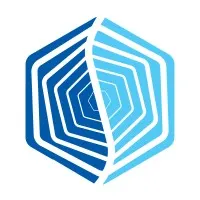Senior Cloud Security Architect (R-00079)
True Zero TechnologiesFull Time
Senior (5 to 8 years), Expert & Leadership (9+ years)

Key technologies and capabilities for this role
Common questions about this position
Yes, this is a remote position.
The salary is competitive, but specific details are not provided.
Benefits include healthcare with dental and vision, 401k, pre-tax commuter benefits, flexible work schedule, parental leave, catered meals in the office, relaxed company culture, and over a month of paid vacation time.
Required skills include CCSP, GIAC, CISSP or equivalent, experience with GCP, AWS, Azure, familiarity with cloud security platforms like Wiz and Prisma Cloud, experience with SAST/DAST/CI/CD/SCA, knowledge of encryption/IAM/network security, and programming in Python, Terraform, OPA, Ruby.
The company has a relaxed but engaged culture, with a small cross-functional cybersecurity team, flexible work schedule, and perks like catered meals.

Computational platform for biopharmaceutical research
Schrödinger provides a computational platform that aids in the research efforts of biopharmaceutical companies, academic institutions, and government laboratories around the world. Their platform offers advanced computational tools that help in drug discovery and development across various therapeutic areas. Schrödinger's products work by using sophisticated algorithms and simulations to predict how different compounds will interact, which can significantly speed up the research process. Unlike many competitors, Schrödinger not only licenses its software but also engages in collaborative research and drug discovery programs, allowing for a more integrated approach to scientific research. The company's goal is to enhance scientific research and development through its platform, ultimately leading to the discovery of new drugs and therapies.